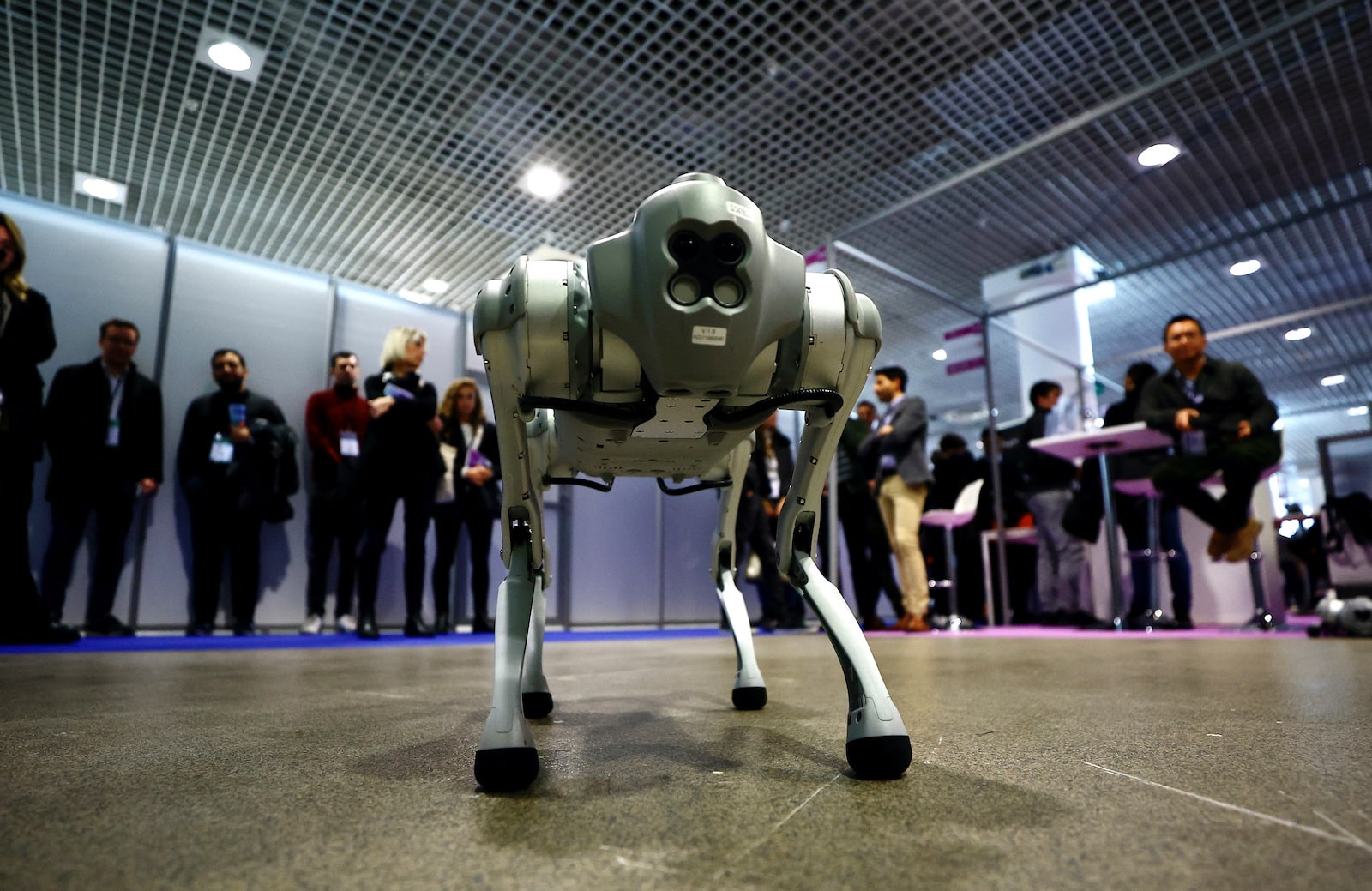A power struggle between humans and robots + professional critics for CEOs

Man vs. Machine: An AI workplace battle. As a new generation of artificial intelligence is introduced into workplaces, a power struggle between humans and machines is brewing. Attempts to fully automate some occupations — such as pilots, cashiers, and food servers — have been aided by recent technological advancements like ChatGPT, natural-language processing, and biometrics, as well as the availability of large amounts of data to train algorithms, according to The Wall Street Journal. Some 25% of all jobs in the US could be done by machines by 2030, according to a McKinsey report cited by the journal.
Right now, AI's impact on the workforce is more about changing how jobs are done than it is about eliminating jobs. “I don’t see a job apocalypse being imminent. I do see a massive restructuring and reorganization — and job quality is an issue,” Erik Brynjolfsson, director of the Stanford Digital Economy Lab tells the journal. When AI takes over easy tasks, humans are left with more complex, demanding responsibilities, some labor experts say. Workers also say that AI isn't reliable and can be biased when it comes to judging human actions and feelings.
Call centers are one area where AI has taken off: In recent years, businesses have begun to use machine-learning models to monitor and analyze conversations between customers and agents, the WSJ reports. Conversation analytics finds patterns in clients' words and emotions, and can suggest what to say and do next. While this appears to be beneficial, it may actually cause employee distress. A Cornell University study on call-center automation found that when employees are closely watched by an algorithm, told what to do, or don't have much control over their work, they are more likely to get burned out and have trouble solving customer problems.
Ever wondered who CEOs turn to for advice when in doubt? When it comes to hearing unpopular truths, some leaders rely on trusted insiders, while others turn to so-called "professional critics,” according to the Financial Times. Glenn Fogel, the CEO of Booking.com, was fortunate not to have to look outside the office for advice when the pandemic made a hole in their earnings and instead turned to the managers he trusts the most, including the COO, head of HR, and legal counsel. Others are even more fortunate to have people with a stronger bond, such as a family member, to whom they can turn for advice, such as Helen O'Neill, CEO of health tech company Hertility, who has her twin sister as her legal counsel. Those who don't have access to the above options can hire a professional "critical friend" to whom they can talk to and get honest feedback without any emotional attachments, such as Philippe Maso, the former CEO of AXA UK, who said he was on the phone with an executive coach almost all the time.
Alpine wants more female racers on its Formula One team: Renault’s Alpine is ramping up investments to train female drivers for the Formula 1 championship this season, Bloomberg reports. As part of its Rac(h)er initiative — launched last year to combat gender bias in the male-dominated realm of motor sports — the carmaker is setting up a new center at its UK base to roll out a performance-based individual training program for female drivers. Alpine wants to increase its female engineering workforce from 12% to 30% by 2027, with plans to hire more women in all roles across the organization, from drivers to mechanics. French soccer champion Zinedine Zidane and British boxer Nicola Adams are two of the coaches for Alpine's young karters.